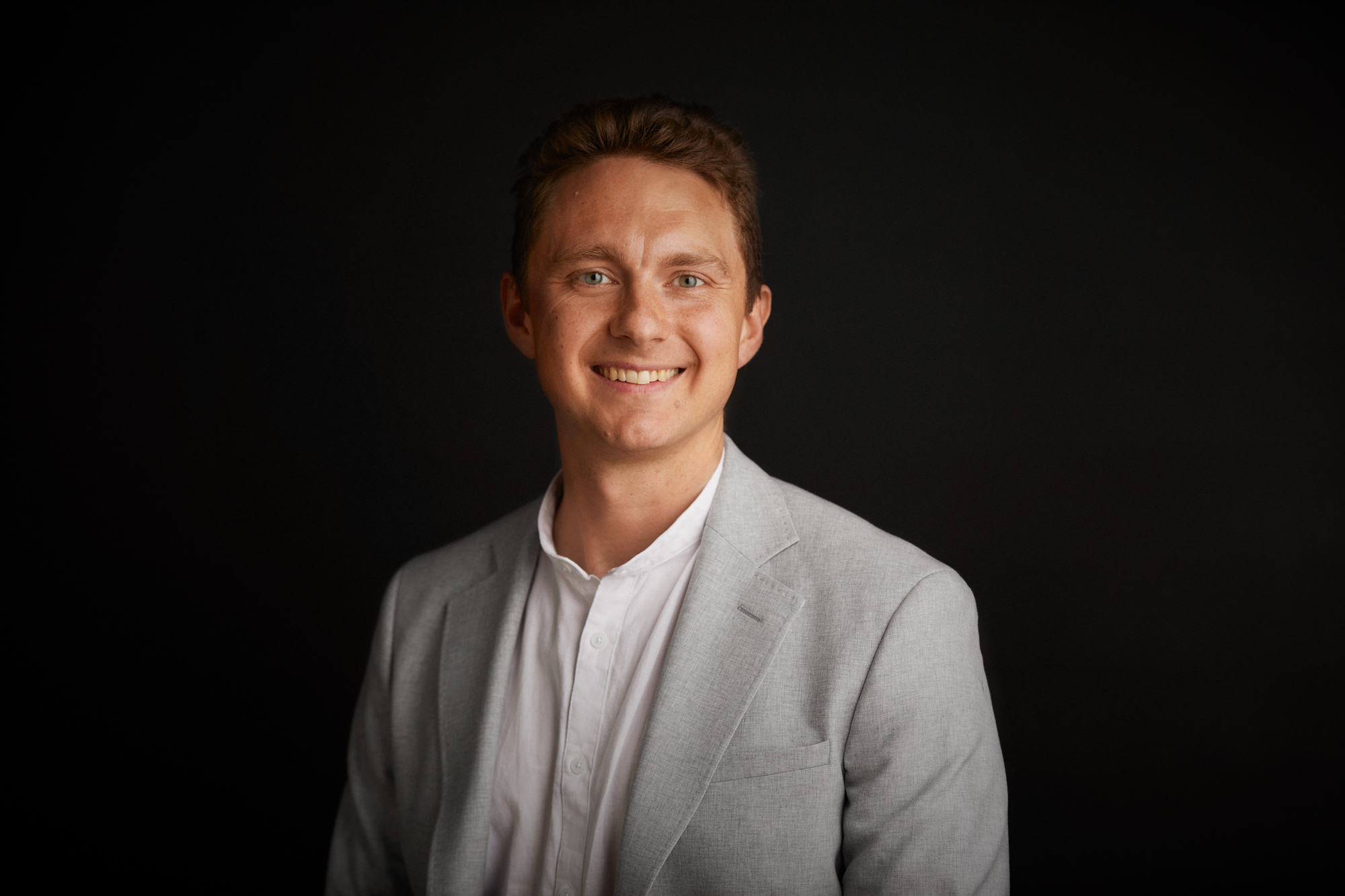Mikkel Abrahamsen
Research leader

Project title
Algorithms for Packing and Decomposition Problems
What is your project about?
The project is about packing and decomposition problems. In packing problems, some objects must be arranged so that they take up as little space as possible, for instance in order to make them fit in a given container. In decomposition problems, we want to describe a given complex form using simpler forms. Packing problems often occur in our daily lives and also in many large industries, for example in the clothing and shipping industries. Decomposition problems often occur in other fields of computer science, such as computer graphics and computer vision. The project aims both to develop better algorithms for the problems and to understand the limits of how well they can be solved.
How did you become interested in your particular field of research?
My mom taught me programming when I was in 7th grade, and it opened up a whole new world for me with all the things that you can get the computer to do for you. When I started studying at the university, I discovered that algorithms, and especially geometric algorithms, was what I was most excited about. In recent years, I have been particularly preoccupied with packing problems. I like that they are so tangible and at the same time so difficult to solve. It feels meaningful to work with them because you come across them all the time in your daily life and they have so many industrial uses.
What are the scientific challenges and perspectives in your project?
When working with mathematical problems, it is a challenge that you never know how difficult a question is to answer until you have found the answer, so in principle you can end up not finding out anything. It takes original ideas and a deep understanding of the subject to get anywhere. Within both packing and decomposition problems, there are many exciting open-ended questions, and if one succeeds in answering them, it will provide inspiration for future work and potentially also lead to industrial applications.
What is your estimate of the impact, which your project may have to society in the long term?
It is important to have a good understanding of packing and decomposition problems in a world with limited resources. The project can both lead to more efficient algorithms that use less power or utilize materials or space better, and it can provide explanations of when you have to be satisfied with the algorithms you have, because there are good reasons why better algorithms cannot be developed.
Which impact do you expect the Sapere Aude programme will have on your career as a researcher?
The Sapere Aude grant gives me the opportunity to try out many more of the ideas I have for topics and questions I would like to work on. When working on these very demanding problems, it is important to have a strong team around you so that you can test and clarify each other's ideas. In addition, the grant provides the opportunity to travel and receive visits from foreign guests, which provides renewed inspiration and expands the scientific network. Being able to build my own independent research group is an important step forward in my career as a researcher.
Background and personal life
I live in Copenhagen with my partner. In our free time we enjoy the nature and often go mushroom hunting, for example. I also have a weakness for growing very large potted plants, both at home and in the office, and I strive to make our center self-sufficient in figs and cucumbers.
View all research leaders here
Research institution
University of Copenhagen
Research field
Datalogy
City of your current residence
Copenhagen
High school
Odsherreds Gymnasium
